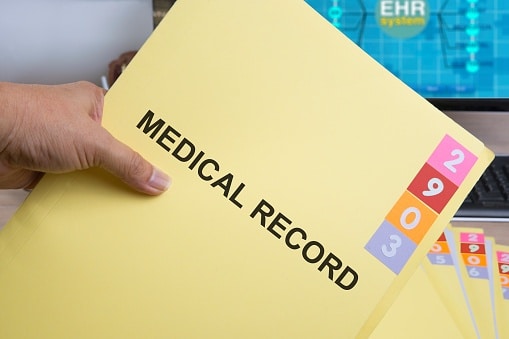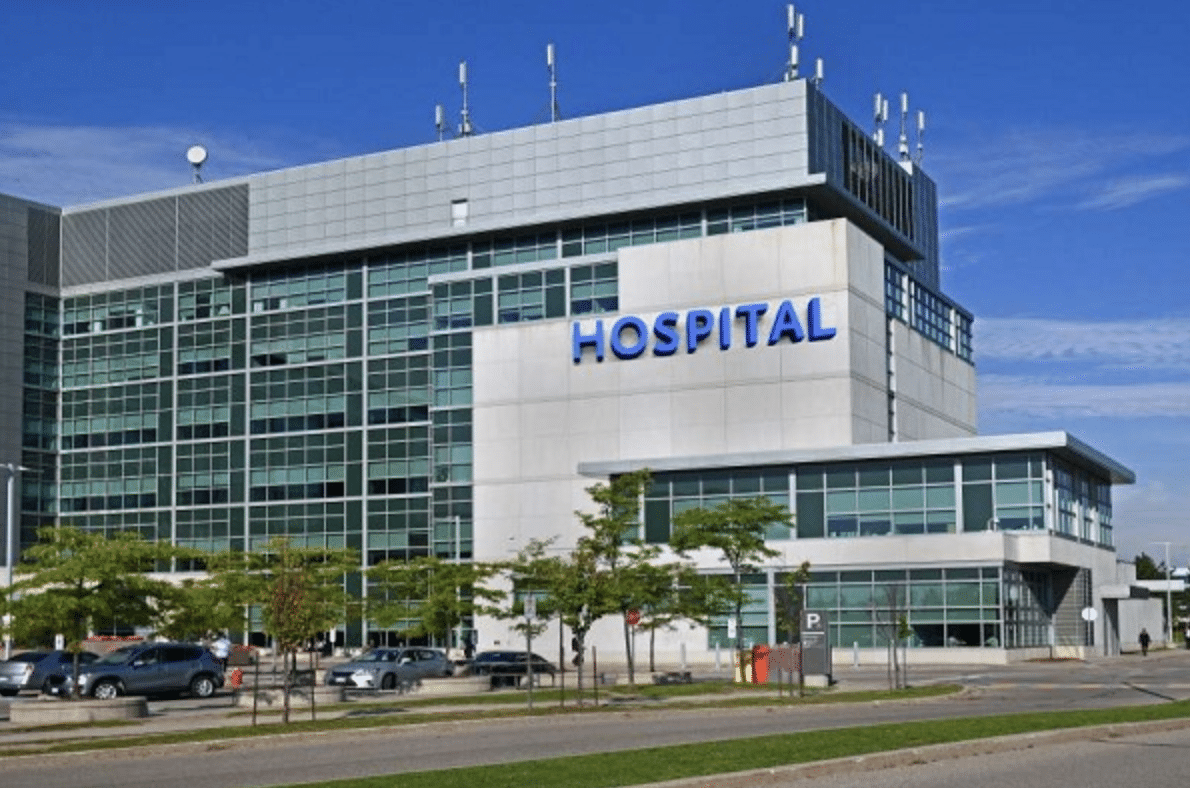Understanding the Medical Malpractice Statute of Limitations Georgia Uses
When you place yourself in the care of doctors, nurses, and other medical professionals, you put a massive amount of trust in their skill and judgement. After all, they have the credentials and experience that qualify them to hold your life in their hands.
So when something goes wrong during a treatment or surgery, you may experience not only an injury but a sense of betrayal and fear. How can you be expected to trust another medical professional after you’ve been hurt by medical malpractice?
Fortunately, there are paths to justice and compensation to help you rebuild. In order to make the most of them, you need to understand certain things about the legal system.
This article will outline the statute of limitations for medical malpractice cases in Georgia, and how it can be more complex than a hard and fast deadline that applies to all cases. We’ll also explain how a personal injury attorney can make all the difference to the outcome of your case.
I met with Harry Brown personally and he sat with me for 20 minutes at our initial consultation to explain everything. He even called after my surgery to see how I was doing. I met with him several more times after that and was kept informed about my case throughout. I highly recommend Harry Brown as an attorney.
Medical Malpractice is Different Than Other Personal Injury Cases
Medical malpractice works a little differently than other kinds of personal injury cases, such as car accidents and slips and falls. In a typical car accident case, for example, it’s often (although certainly not always) easy to determine who is at fault and why. Further, you’re likely to have eyewitnesses with no conflicts of interest who can support the truth about a negligent or wrongful act.
During a medical procedure, the patient might not even be awake, and the process might be so complicated that they wouldn’t understand it even if they were. Further, witnesses tend to be other medical professionals who might be biased in favor of the healthcare provider.
All of this can make it harder for an injured person (plaintiff) to prove their medical malpractice claim. This is why it’s so important to understand how Georgia law treats medical malpractice, including details like the statute of limitations.


What is the Medical Malpractice Statute of Limitations in Georgia?
A statute of limitations applies in all sorts of legal cases. It is essentially the deadline for getting a case into the state’s court system, also known as filing a lawsuit.
The standard statute of limitations for a Georgia medical malpractice lawsuit is two years. Most of the time, a lawsuit filed more than two years after the malpractice will be dismissed by the court, ending the plaintiff’s chances for compensation.
However, the law also goes on to state what’s known as a “statute of repose.” The statute of repose says that no medical malpractice action may be brought more than five years after the negligent medical act occurred.
This might be confusing. Let’s dig a little deeper into the exceptions to the Georgia medical malpractice statute of limitations.
Exceptions to the Statute of Limitations Deadline
As we said earlier, medical malpractice claims tend to be more complex than other personal injury cases, and in many cases may not even be identified until long after the incident occurred. To allow for this, Georgia law specifies two major exceptions to the medical malpractice statute of limitations:
- Statute of repose: Some lawsuits may be brought as long as five years after the malpractice incident happened. This applies when the damage of the malpractice isn’t evident soon enough for the two-year deadline. An example of this might be when the side effects of a certain medication take a few years to manifest, but then become obvious and are clearly linked to the medication.
- “Foreign object” cases: This is an exception to even the statute of repose. It applies when a “foreign object” is left in a patient’s body due to medical negligence. Foreign objects are things like sponges or surgical instruments, but not prosthetic devices or chemical compounds. These lawsuits must be brought within one year of the foreign object’s discovery and are allowed even if it’s been more than five years since the object got there.
- Failure to diagnose: Injuries and harm caused by a doctor’s failure to diagnose a condition or disease may receive a filing extension from the court, though this is very much determined on a case-by-case basis.
These exceptions are not common, however, and missing applicable deadlines jeopardizes any chance for fair compensation. You should not rely on them. That’s why it’s so important to understand the law and seek the help of an attorney.


How an Experienced Attorney Can Help in a Medical Malpractice Lawsuit
Most people are not personal injury law experts, let alone medical malpractice experts. In addition, when someone is trying to heal from an injury (on top of whatever they were being treated for in the first place), the last thing they should have to do is expend energy on researching the law.
An experienced medical malpractice attorney is skilled at navigating the legal system and knows how to talk to healthcare providers and insurance companies. Let them do the heavy lifting while you focus on getting better.
The sooner you start working with an attorney, the better. Did you know that medical malpractice lawsuits involving Georgia cities, states, and other municipalities may have shorter time limits than the standard statute of limitations? This is just one example of how an attorney might save you from missing a vital deadline and missing out on fair compensation.
RELATED: 5 Essential Steps to Proving a Medical Malpractice Claim
Ready to Talk to a Lawyer Who Has Your Back?
The Brown Firm Knows How to Manage Medical Malpractice Lawsuits
At The Brown Firm, we are dedicated to protecting the injured in all sorts of personal injury cases, including medical malpractice lawsuits. Our legal team has decades of combined experience and will put it to work so that you can focus on healing.
Better yet, our managing member, Harry Brown, has worked as a medical practitioner himself. This gives him critical insight as someone who understands not only the injuries themselves, but how to navigate the health care and insurance systems that can feel so overwhelming to our clients.
To set up your free initial consultation today, call (800) 529-1441 or complete the easy contact form on our website, and someone will be in touch with you soon.
References
Goguen, D. (n.d.). Georgia medical malpractice laws. NOLO. Retrieved from https://www.nolo.com/legal-encyclopedia/georgia-medical-malpractice-laws.html
The content provided here is for informational purposes only and should not be construed as legal advice on any subject.
Our Recent Personal Injury Articles
Truck Accidents and “Negligent Maintenance”: Holding Companies Accountable for Unsafe Vehicles
A bus caught fire on Friday night at Ashford Dunwoody Road and I-285 West, causing delays during rush hour. The ramp was closed, and firefighters were able to put out...
Car Accident Lawsuits: What to Expect in Court
A bus caught fire on Friday night at Ashford Dunwoody Road and I-285 West, causing delays during rush hour. The ramp was closed, and firefighters were able to put out...
E-Bikes and Accidents: New Risks and Legal Considerations
A bus caught fire on Friday night at Ashford Dunwoody Road and I-285 West, causing delays during rush hour. The ramp was closed, and firefighters were able to put out...
Using Telematics Data to Prove Driver Behavior
A bus caught fire on Friday night at Ashford Dunwoody Road and I-285 West, causing delays during rush hour. The ramp was closed, and firefighters were able to put out...
Why Teenagers are the Most Dangerous Drivers on the Road
A bus caught fire on Friday night at Ashford Dunwoody Road and I-285 West, causing delays during rush hour. The ramp was closed, and firefighters were able to put out...
Slip and Fall Accidents in Retail Stores: Who’s Liable?
A bus caught fire on Friday night at Ashford Dunwoody Road and I-285 West, causing delays during rush hour. The ramp was closed, and firefighters were able to put out...
Bicycle Accidents: A Growing Concern for Urban Cyclists
A bus caught fire on Friday night at Ashford Dunwoody Road and I-285 West, causing delays during rush hour. The ramp was closed, and firefighters were able to put out...
Understanding Nursing Home Abuse: Signs, Symptoms, and Solutions
A bus caught fire on Friday night at Ashford Dunwoody Road and I-285 West, causing delays during rush hour. The ramp was closed, and firefighters were able to put out...
Slip and Fall Accidents in Hotels: Establishing Liability
A bus caught fire on Friday night at Ashford Dunwoody Road and I-285 West, causing delays during rush hour. The ramp was closed, and firefighters were able to put out...
Types of Nursing Home Abuse: Physical, Emotional, and Financial
A bus caught fire on Friday night at Ashford Dunwoody Road and I-285 West, causing delays during rush hour. The ramp was closed, and firefighters were able to put out...
Contact The Brown Firm
Get the Answers and Compensation You Deserve
You’ll notice the difference when you contact The Brown Firm! Our local dedicated attorneys want to help you recover and rebuild.
Schedule your free consultation by calling (800) 529-1441 or completing our simple online form.






















 The majority of health care providers try to exercise the highest standard of care for all patients. Unfortunately, there are times when things can go incredibly wrong.
The majority of health care providers try to exercise the highest standard of care for all patients. Unfortunately, there are times when things can go incredibly wrong.